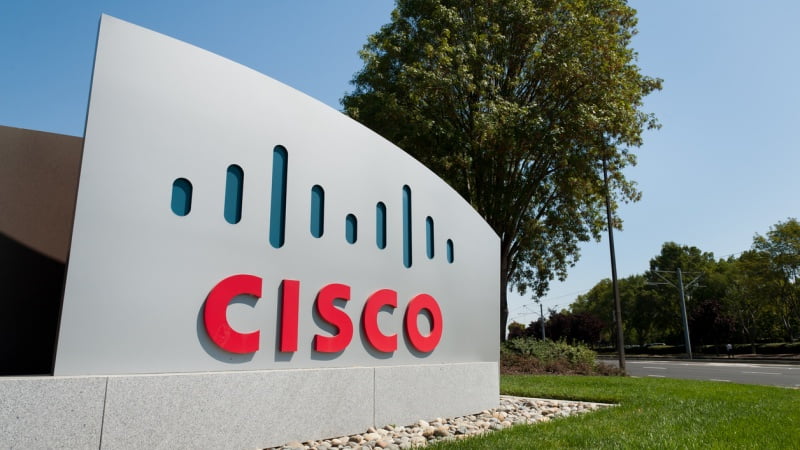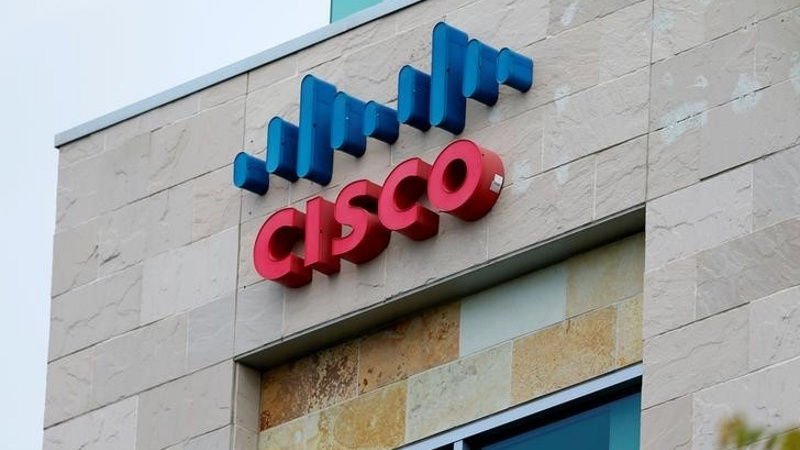
This article is part of a series on the University of Ottawa’s Telfer School of Management Executive MBA annual class trip to the Silicon Valley. The recent trip was part of the EMBA curriculum on “Innovation and Entrepreneurship.”
Day six of the Telfer Executive MBA’s Silicon Valley experience was spent in San José, where we visited two highly successful tech companies and long-time residents of the Valley: IBM Almaden Research Centre and Cisco.
We started at IBM’s world-class research laboratory space where great minds come to collaborate and innovate in the hopes of discovering the next big thing. Tucked away, almost hidden among 1,600 acres of wildlife habitat, the main campus and IBM buildings recalled a time where high-tech companies spent a lot time and effort in making sure that their locations were highly secure, secretive and discreet – a far cry from today’s near transparent approach to collaboration and openness.
Our tour guide and greeter, client relationship manager John Day, provided a quick overview of today’s IBM and introduced the class to two researchers and lecturers who provided us with amazing insights on current research underway.
Gone are the days of IBM selling laptops. Today’s IBM recognizes the importance of the role of disruptive technologies and embraces change, seeing itself as a leader in transforming healthcare, reinventing education and enabling startups in support of innovation and design thinking.
Relational databases, Watson, and Copper chips are some of the building blocks that make up IBM’s modern culture of innovation. In fact, once a year, IBM researchers have an opportunity to pitch their ideas to a board of directors. Those who are successful are given up to three or four people, a budget and two years’ time to further develop their project into a real and practical technical solution.
Cisco
Our next stop was a working luncheon hosted by Cisco’s corporate development integration team. Senior director John DeRusso led us through Cisco’s M&A strategies, specifically Cisco’s approach to enablement and integration of acquired entities.
The discussion revealed three M&A approaches:
-
Full absorption of a company’s products and brands;
-
Full-phased approach where the brand is absorbed over-time; and
-
Cisco’s extended and federated approach, which allows a product to carry on with its brand.
Cisco also underscored the importance of active change management after an acquisition in ensuring a smooth transitions for employees.
Cisco also provided two more engaging presentations. The first was on digital disruption and how senior management needs to take action to understand how disruptors affect the future of their organizations and to embrace disruption and make plans to implement digital technologies to stay ahead of the trends and continually grow in a modern organizational landscape.
The second presenter provided great insights and a unique view into Cisco’s financial organizational structure, giving all students a bird’s eye view of a large Silicon Valley financial structure.
Key learnings
Digital disruption is real and it is challenging traditional organizations in every industry. Rather than waiting to be disrupted or become obsolete, leaders must learn to build the agility to anticipate threats, sense opportunities and seize them before rivals do.
[“Source-obj”]





